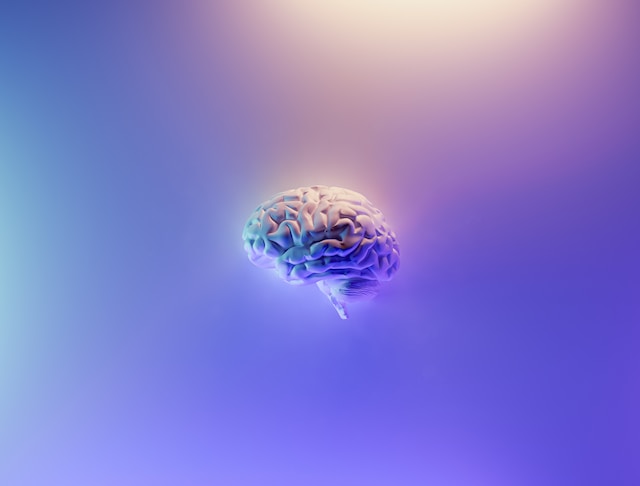Brain disorders continue to present immense challenges to individuals and their families, demanding a comprehensive understanding of symptoms and treatment options. As medical science advances, it becomes increasingly crucial to navigate the complexities of these disorders effectively. In this article, we delve into the multifaceted world of brain disorders, shedding light on their symptoms, treatment approaches, and the unyielding journey faced by patients and their caregivers.
Brain disorders encompass a wide range of conditions, each with its unique manifestations. From neurodegenerative diseases like Alzheimer’s and Parkinson’s to mental health disorders such as depression and anxiety, these conditions can profoundly impact an individual’s cognitive and emotional well-being. Symptoms can vary significantly, making accurate diagnosis and effective treatment a complex task.
Recognizing the symptoms associated with brain disorders is the first step towards providing much-needed support. Cognitive impairments, memory loss, mood swings, and difficulty concentrating are some common signs that may indicate a brain disorder. However, it is important to note that symptoms can differ depending on the specific condition and the individual.
Accurate diagnosis is crucial but often challenging due to overlapping symptoms and the intricate nature of brain disorders. Medical professionals employ various methods, including clinical assessments, neuroimaging techniques, and laboratory tests, to reach a definitive diagnosis. Nonetheless, misdiagnosis or delayed diagnosis remains a persistent issue, emphasizing the need for continuous research and improved diagnostic tools.
Once diagnosed, individuals and their caregivers face the daunting task of exploring treatment options. The management of brain disorders often involves a multidisciplinary approach, combining medication, therapy, lifestyle modifications, and support networks. Each treatment plan is tailored to the specific condition and the needs of the patient.
Pharmaceutical interventions play a vital role in managing brain disorders. Medications can help alleviate symptoms, slow disease progression, or enhance neurotransmitter function. However, it is essential to strike a delicate balance between efficacy and potential side effects. Continuous monitoring and adjustments are often necessary to optimize treatment outcomes.
Beyond medication, therapy and counseling provide invaluable support to individuals grappling with brain disorders. Psychotherapy, cognitive-behavioral therapy, and occupational therapy are among the many modalities employed to improve cognitive function, enhance emotional well-being, and foster independence. These therapies also offer a safe space for patients to express their concerns and challenges, promoting self-understanding and resilience.
Navigating the complexities of brain disorders is a collective effort, encompassing not only medical professionals but also caregivers and support networks. The role of caregivers cannot be understated, as they often serve as a pillar of strength, providing emotional support, assisting with daily tasks, and advocating for their loved ones. Caregivers require recognition, resources, and respite to sustain their crucial role effectively.
As our understanding of brain disorders evolves, ongoing research continues to shed light on new treatment avenues. Advances in neuroimaging, genetics, and molecular biology are paving the way for precision medicine, enabling personalized treatment plans that target specific underlying mechanisms. Collaboration between researchers, healthcare professionals, and patients is essential to furthering our knowledge and improving outcomes for those affected by brain disorders.
In conclusion, navigating the complexities of brain disorders demands a multifaceted approach, encompassing accurate diagnosis, tailored treatment plans, and unwavering support. It is crucial for society to foster empathy and understanding towards individuals with brain disorders and their caregivers. By championing ongoing research and promoting a compassionate society, we can enhance the quality of life for those facing the challenges of brain disorders.









